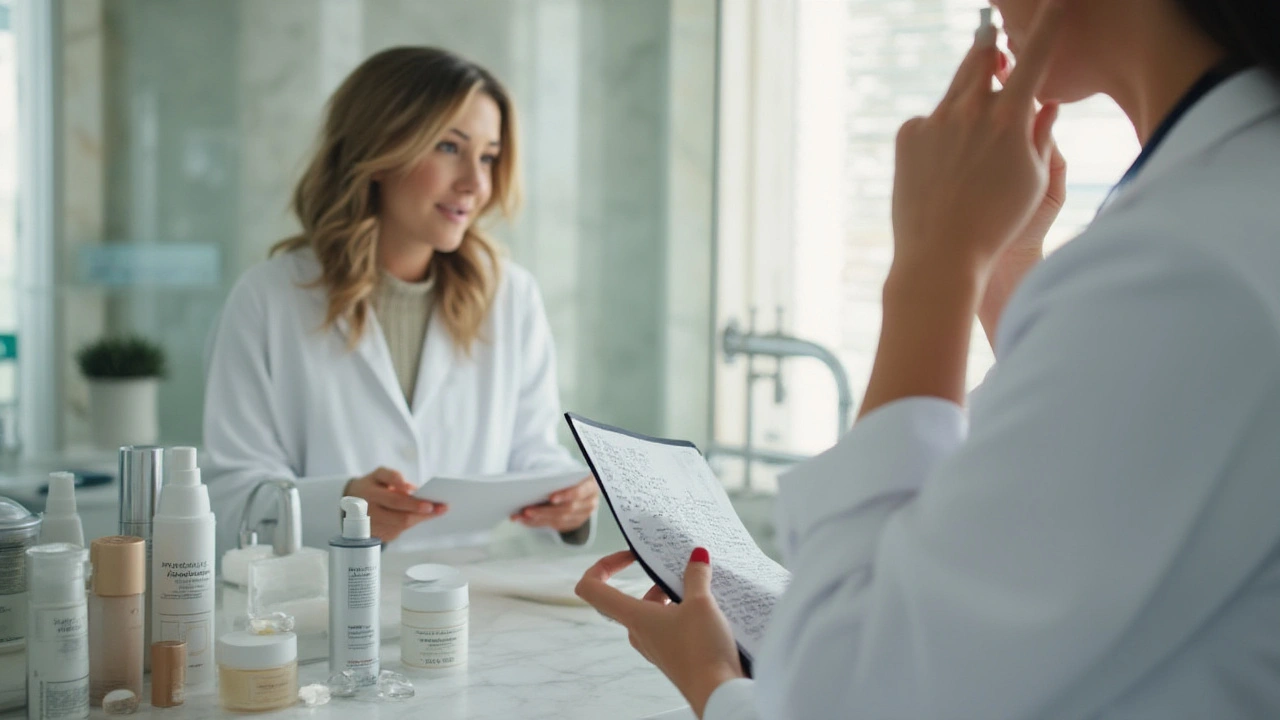Skin Infection Remedies That Work: Real Solutions for Real Life
Dealing with a skin infection is frustrating—redness, itch, and pain are tough to ignore. Luckily, there are practical ways to handle most skin infections quickly and safely. From over-the-counter creams to simple home care, knowing your options makes treating skin problems much less stressful.
First up, pinpoint what's going on. Is your skin red, swollen, and warm to the touch? That could be a bacterial infection—think impetigo or mild cellulitis. Fungal infections look different: scaly patches, maybe some peeling or softening between the toes, like athlete’s foot. Viral infections (think cold sores) are a whole other story. Sorting out the type helps you pick the right solution—and avoid making things worse by guessing wrong.
Mild bacterial skin infections usually get better with topical antibiotic ointments from the pharmacy. Wash the area, gently pat it dry, and apply a thin layer of the cream. Don’t pick or scratch—sounds simple, but it helps a ton. If things aren't improving after a few days, or if the infection is spreading, check with your doctor. Sometimes you’ll need a prescription oral antibiotic to clear things up.
Fungal infections (like ringworm or athlete’s foot) call for antifungal creams—these are easy to find. Clean the skin first, dry it well, then rub in the cream. Keep at it, even once things look better, because these bugs like to hide and come back if you stop too soon. Good hygiene helps here, too: change socks, keep feet dry, and don’t share towels.
For viral skin infections, like cold sores, antiviral creams can ease symptoms if you catch them early. Over-the-counter remedies can shorten the time you’ll deal with sore, cracked skin, but for bad outbreaks, prescription meds do a better job. Don’t share cups or lip balms—viruses are easier to spread than you think.
Want home remedies? Some are worth a try, but be realistic. Warm compresses can help draw out infection and soothe pain, especially with boils or small abscesses. Keeping the area clean and dry is always smart. Honey and tea tree oil get hyped online for antibacterial effects—if you’re going for these, use pure versions and test a tiny spot first to make sure you’re not allergic. They might help with minor spots, but skip these if skin is open or if you have a severe infection.
Here’s what to watch for: sudden swelling, redness spreading fast, fever, or pus that just won’t quit. That’s your sign to get help now. Some skin issues can get ugly quickly, and you’ll need medical advice before things take a bad turn.
Stay on top of skin hygiene—wash up after sweating, avoid sharing personal stuff, and treat even small cuts. It’s easier to prevent skin infections than to fight them off later. Looking for trusted pharmacy info or treatment advice? 247-drugstore.com Pharmacy breaks it down so you’re never guessing about your next step.
Best Alternatives to Metronidazole Cream: Dermatologist-Approved Rosacea & Skin Infection Treatments
Explore top dermatology-approved alternatives to metronidazole cream for rosacea and skin infections. Get specific, science-backed options and pro tips.
View More




